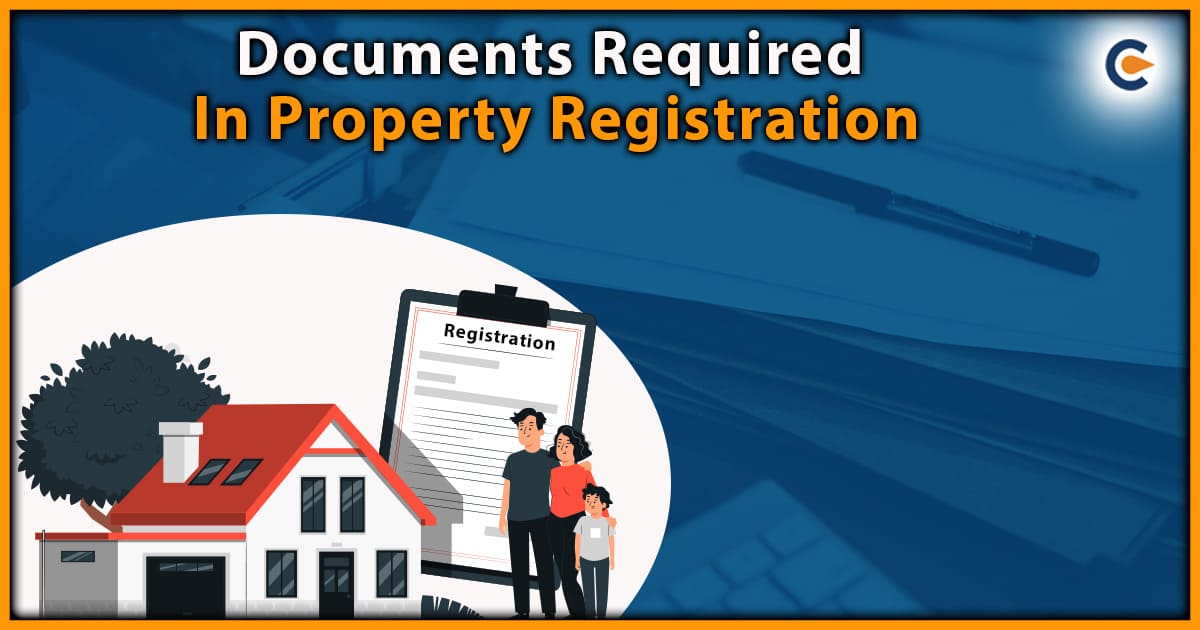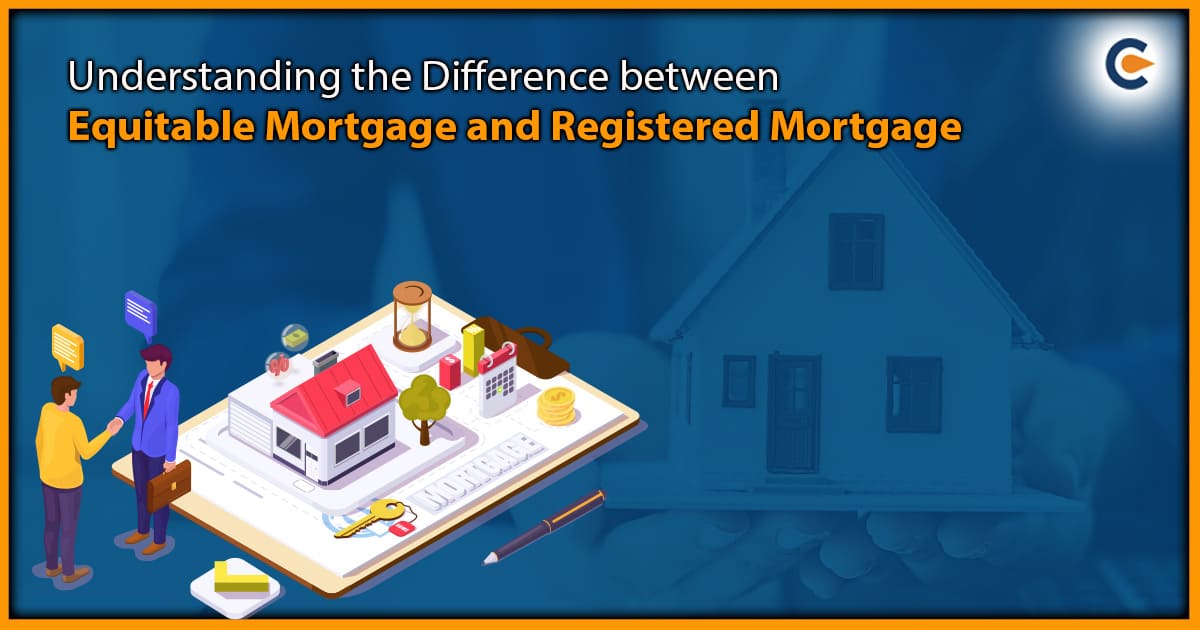When it comes to buying or selling a property in India, there are several costs associated with it, including stamp duty and registration fees. While most people are aware of these charges when purchasing a new property, many are unaware of how these fees apply to property resale.
In this blog, we’ll take a closer look at how stamp duty and registration fees apply to property resale and what you need to know.
What is Stamp Duty?
The state government imposes a charge known as “stamp duty”[1] on the transfer of property. It is paid by the buyer at the time of the property Purchase. States have different stamp duty rates, which are often expressed as a percentage of the value of the property.
In the case of property resale, the stamp duty is not applicable again, as it has already been paid by the previous owner at the time of purchase. However, in some states, a nominal stamp duty is payable on the transfer of ownership from the seller to the buyer.
What is Registration Fee?
Registration fee is a charge payable to the government at the time of registering the property in the buyer’s name. It is typically a percentage of the property value and varies from state to state. The registration fee is payable by the buyer at the time of property registration.
In the case of property resale, the registration fee is applicable again, as the property needs to be registered in the name of the new buyer. The registration fee is typically calculated on the basis of the property’s current market value, and the buyer is responsible for paying this fee.
Yes, stamp duty and registration fee are applicable on property resale in India. While the stamp duty is not applicable again, as it has already been paid by the previous owner at the time of purchase, a nominal stamp duty may be payable in some states on the transfer of ownership from the seller to the buyer. The registration fee, on the other hand, is applicable again as the property needs to be registered in the name of the new buyer. The registration fee is typically calculated on the basis of the property’s current market value, and the buyer is responsible for paying this fee.
What You Need To Know As A Buyer?
As a buyer of a resale property, there are a few things that you need to keep in mind regarding stamp duty and registration fees. Here’s what you need to know:
- Stamp Duty: You should be aware of the applicable stamp duty in your state. The rate of stamp duty varies from state to state and is typically a percentage of the property value. While the stamp duty is not applicable again on a resale property, you may be required to pay a nominal stamp duty in some states on the transfer of ownership from the seller to the buyer.
- Registration Fee: You should also be aware of the applicable registration fee in your state. The registration fee is typically a percentage of the property value and varies from state to state. As a buyer of a resale property, you will need to pay the registration fee to register the property in your name.
- Additional Charges: In addition to stamp duty and registration fees, there may be other charges that apply to the purchase of a resale property, such as transfer fees, legal fees, and brokerage fees. You should factor these costs into your budget when purchasing a resale property.
- Legal and Financial Implications: Before finalizing the purchase of a resale property, it is important to consult with a real estate lawyer or a property consultant to understand the legal and financial implications of the transaction. They can help you navigate the legal and financial aspects of the transaction and ensure that all the necessary documents are in order.
- Property Inspection: It is recommended that you conduct a thorough inspection of the property before making the purchase. This will help you identify any potential issues with the property and allow you to negotiate the price accordingly.
In summary, as a buyer of a resale property, you should be aware of the applicable stamp duty and registration fees, as well as any additional charges that may apply. It is also important to consult with a real estate lawyer or a property consultant and conduct a thorough inspection of the property before finalizing the purchase.
What You Need To Know As A Seller?
As a seller of a resale property, there are several things that you need to keep in mind regarding stamp duty and registration fees. Here’s what you need to know:
- Sale Deed and Other Documents: Before selling the property, you must ensure that all the necessary documents are in order, including the sale deed, NOC from the society, and property tax receipts. You should obtain all these documents and ensure that they are up to date before selling the property.
- Stamp Duty and Registration Fee: You should also be aware of the applicable stamp duty and registration fees in your state. While the stamp duty is not applicable again on a resale property, a nominal stamp duty may be payable in some states on the transfer of ownership from the seller to the buyer. The registration fee, on the other hand, is applicable again as the property needs to be registered in the name of the new buyer.
- Property Valuation: It is recommended that you get your property valued by a professional valued to determine its current market value. This will help you determine the sale price of the property and factor in the applicable stamp duty and registration fees.
- Brokerage Fees: If you engage the services of a real estate agent or property consultant to sell the property, you will need to pay their brokerage fees. The brokerage fees are typically a percentage of the sale price of the property and vary from agent to agent.
- Capital Gains Tax: If you sell the property at a profit, you may be liable to pay capital gains tax. The capital gains tax is calculated based on the difference between the sale price and the purchase price of the property, minus any allowable deductions.
- Legal and Financial Implications: Before finalizing the sale of the property, it is important to consult with a real estate lawyer or a property consultant to understand the legal and financial implications of the transaction. They can help you navigate the legal and financial aspects of the transaction and ensure that all the necessary documents are in order.
In summary, as a seller of a resale property, you should ensure that all the necessary documents are in order, be aware of the applicable stamp duty and registration fees, get your property valued, factor in brokerage fees and capital gains tax, and consult with a real estate lawyer or a property consultant to understand the legal and financial implications of the transaction.
Conclusion
Stamp duty and registration fees are an important aspect of buying or selling a property in India. As a buyer or seller of a resale property, it is important to understand the applicable charges and factor these costs into the transaction. Consulting with a real estate lawyer or property consultant can help you navigate the legal and financial aspects of the transaction and ensure a smooth and hassle-free experience.
Read Our Article: The Stamp Duty In Each State And Steps Involved In Drafting A Deed In India











